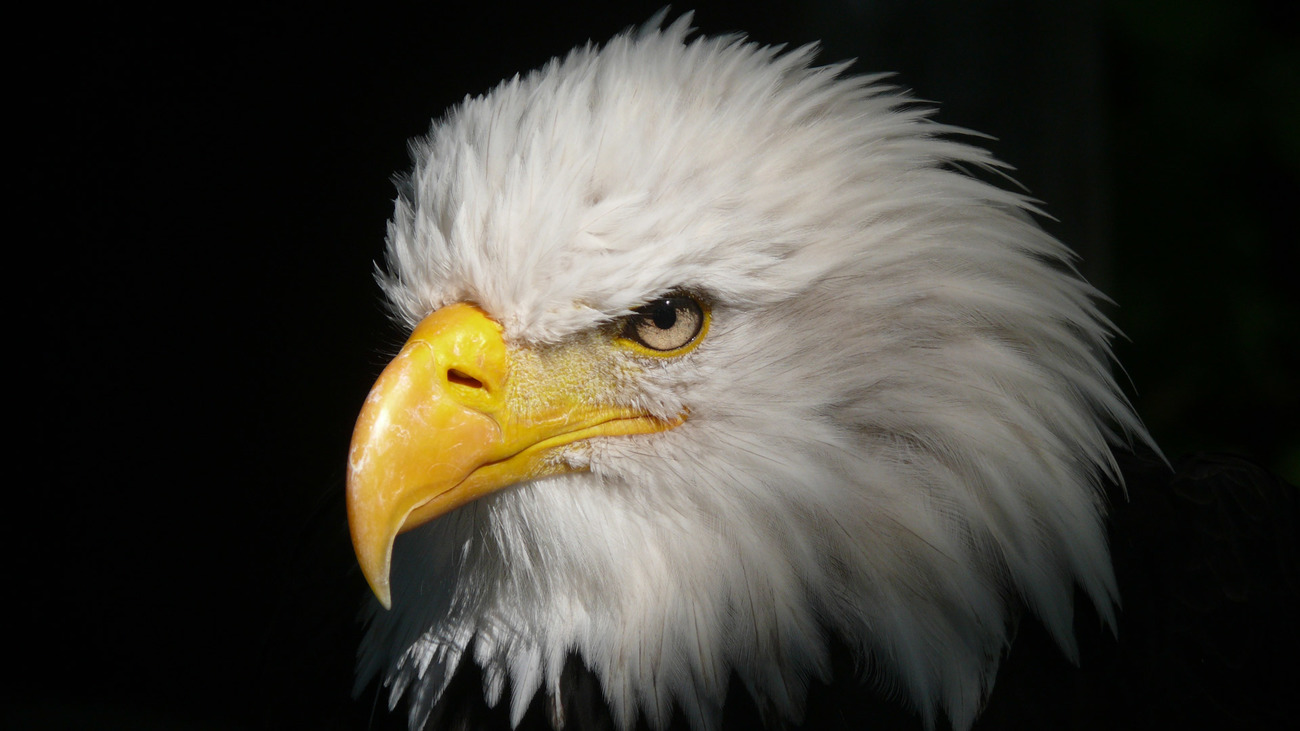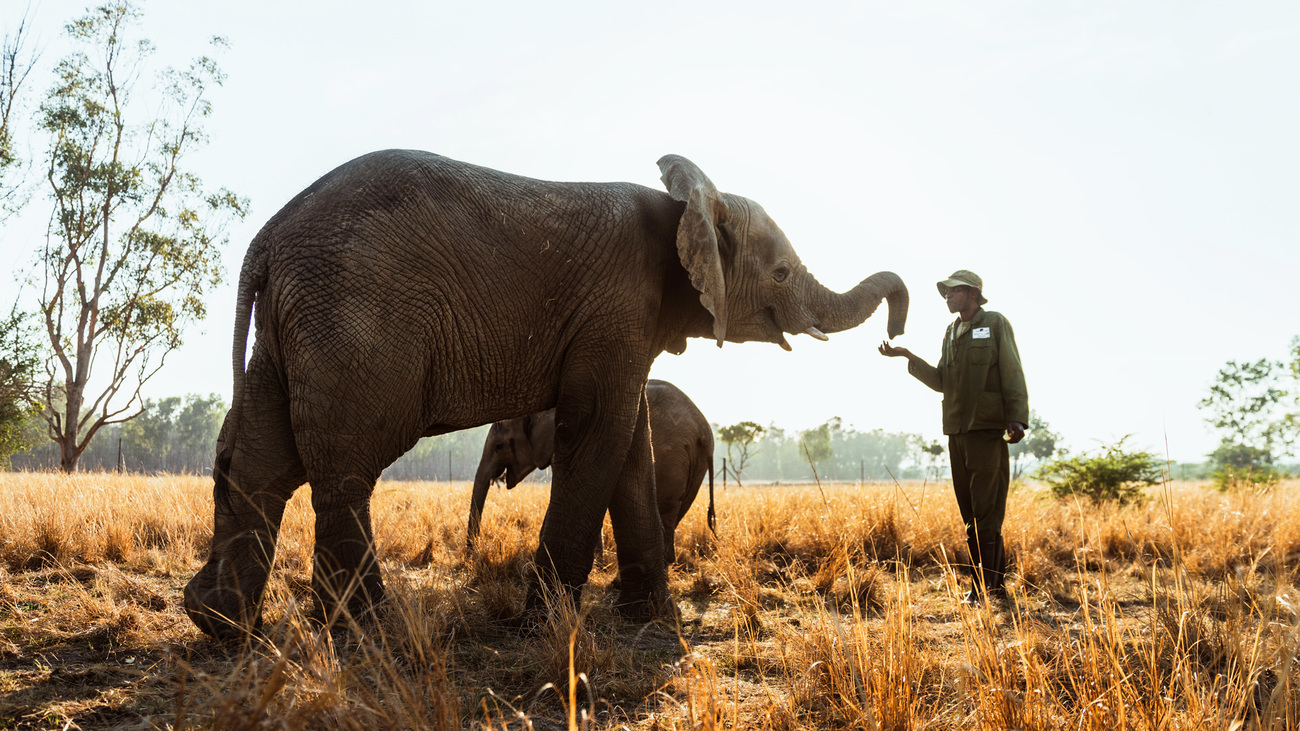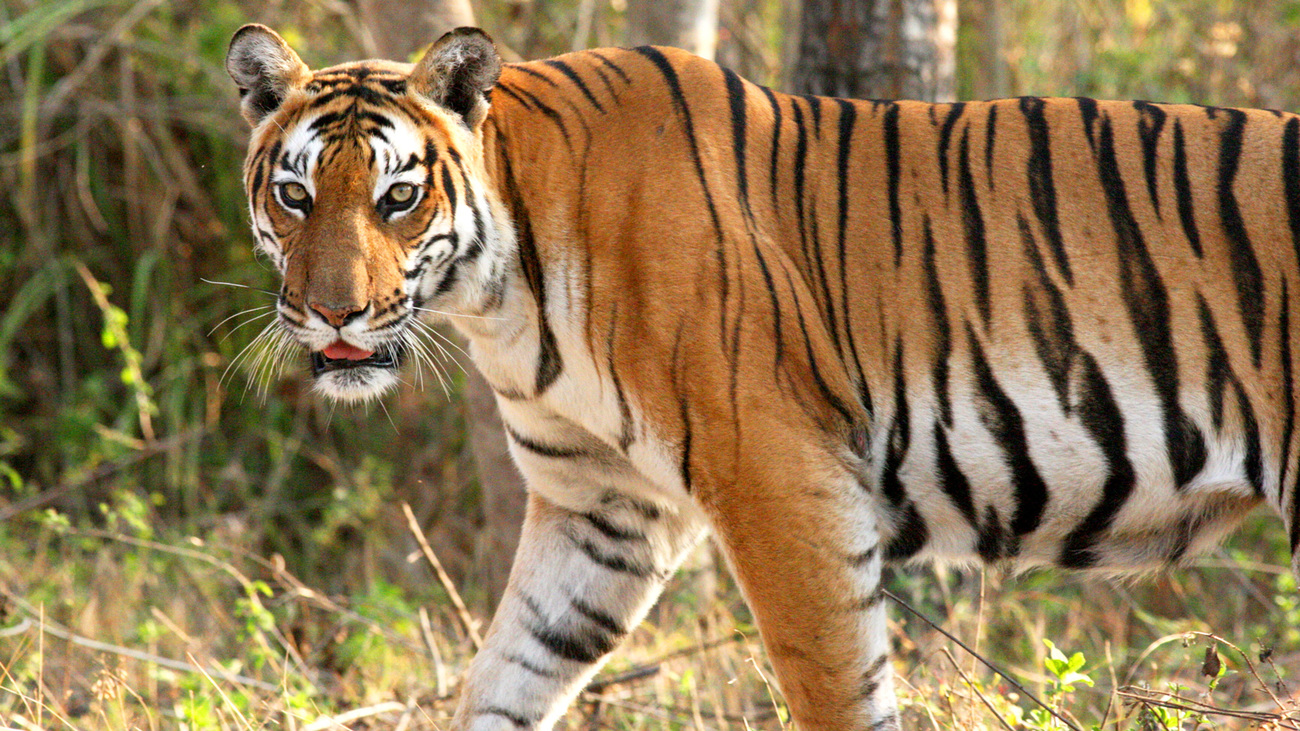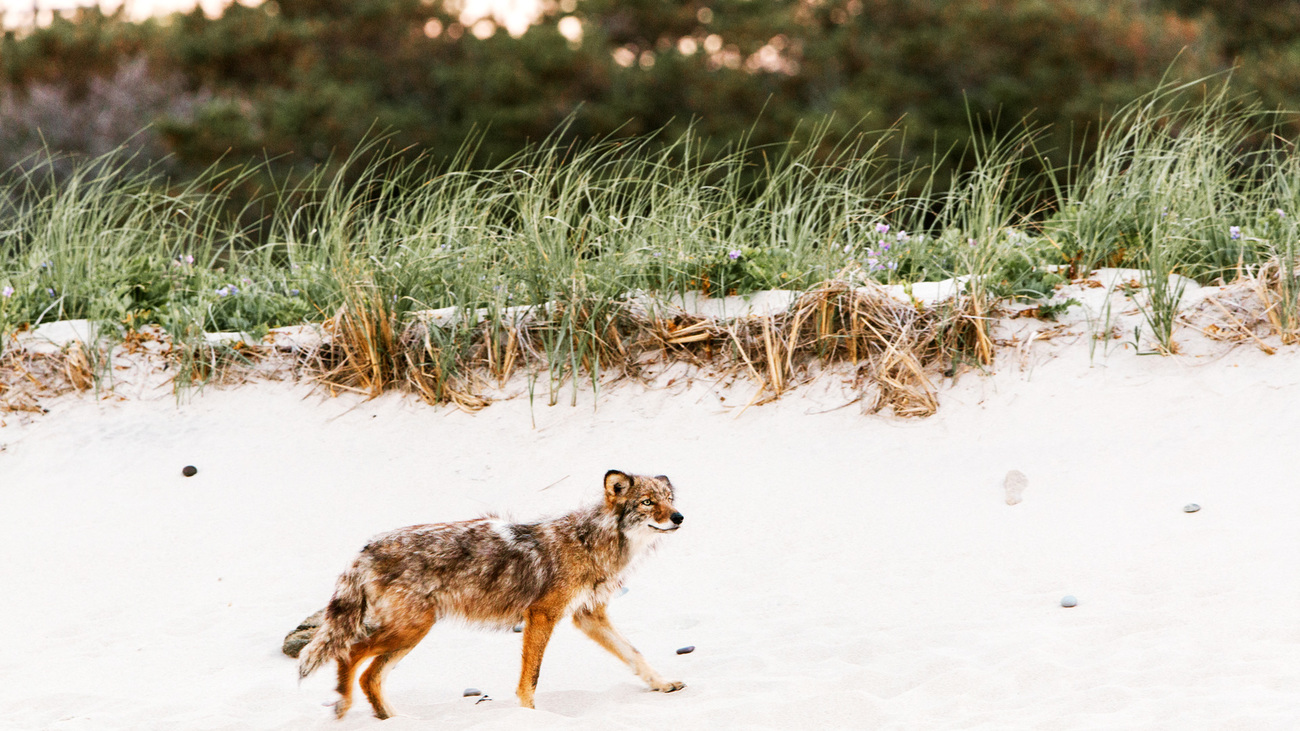IFAW policy work in the United States
IFAW policy work in the United States
Policy work is the foundation for success
Envision efforts to save or rescue animals—you're likely not picturing the halls of government. Yet, advocacy and policy work are foundational to IFAW’s successes in rescue and conservation. Strong conservation policy provides the legal frameworks needed to prosecute wildlife traffickers, protect species and their habitats from exploitation and destruction, and ensure that funding is available to support rangers, marine mammal stranding responders, and others working on the front lines to protect our precious wildlife.
Wildlife laws, regulations, and policies of the US have far-reaching impacts for people and animals—domestically and around the world. We can no longer ignore the immediate and urgent need to address biodiversity loss, ecosystem degradation, and intensifying hurricanes, fires, and other weather-related events that confront our nation and the globe.

Strengthening bedrock conservation laws
With fresh thinking, IFAW is working to preserve and bolster federal laws that protect animals, habitat, and landscapes across the US and abroad. Priorities include maintaining a strong Endangered Species Act (ESA), Marine Mammal Protection Act (MMPA), Migratory Bird Treaty Act (MBTA), and National Environmental Policy Act (NEPA). Each of these laws—which benefit species including the North Atlantic right whale, bald eagle, Bengal tiger, and African elephant—have come under heavy assault in recent years. Despite their clear success, special interests consistently attack these long-standing safeguards from all angles, seeking to undermine key provisions, weaken protections for various species, eliminate environmental review requirements, and disrupt the public’s ability to support enforcement. IFAW is partnering with conservation-minded members of Congress and relevant US government departments and agencies to advance America’s domestic and international conservation goals.
To learn more: One Act For All
US global leadership in conservation and animal welfare
US leadership within the global community has been a key driver in international efforts to protect endangered wildlife, combat poaching and trafficking, and preserve habitats. In January 2025, the US government paused all foreign assistance funding administered by the US Agency for International Development, the Department of State, and the Department of Interior, putting critical conservation efforts on hold. Federally funded international conservation efforts, like IFAW’s CARE (Confiscated Animals – Rescue and Enforcement) project, address more than just conservation concerns. They aim to disrupt the illegal wildlife trade that fuels transnational organized crime—pausing these programs affects our nation's ability to ensure international security.
IFAW will not abandon our partners on the ground affected by funding changes. We are urging the Administration to restore critical funding and working with policymakers, conservation partners, and supporters to highlight the critical need for sustained investment in wildlife protection and rescue efforts.
To learn more: What a halt of US conservation funding means

Saving the North Atlantic right whale
Only about 370 North Atlantic right whales remain in the world. The migratory routes of this critically endangered great whale run right along the US and Canada’s Atlantic coastline—one of the ocean’s most industrialized areas. Since 2017, a staggering 157 right whales have been killed or injured, more than 42% of the remaining population.
IFAW and our partners are pioneering new tools and technologies for fishermen, mariners, and recreational boaters that protect coastal livelihoods while making the ocean safer. Leveraging industry know-how and innovation to eliminate lethal entanglements in fishing gear and avoid deadly strikes with vessels leads to a more sustainable future for all. To drive bold action, IFAW is educating elected and appointed decision makers and pursuing state and federal policies that fund the research, development, and implementation of state-of-the-art solutions that protect North Atlantic right whales while also helping to maintain vital coastal economies.
To learn more: Saving the North Atlantic right whale
Take action: Tell NOAA that right whales can't wait
Protecting big cats and public safety
All across the country, untold numbers of tigers, lions, and other big cats are kept in makeshift cages and backyard menageries. IFAW works with partners across the US to rescue big cats from these horrible situations and place them in qualified sanctuaries where they receive the care they need. Our team has a long history of spreading awareness about the dangers of keeping big cats as ‘pets’ and exploiting them as photo props. We work on federal and state policies to end the private ownership of dangerous wild cats in the US and end the mistreatment of captive big cats nationwide; we championed the Big Cat Public Safety Act that was signed into law in December 2022 to end the ownership of ‘pet’ big cats and the operation of dangerous direct contact displays.
To learn more: Big cats in captivity

Ending illegal wildlife trade
The US is a source, transit point, and destination for illegally traded wildlife. Thousands of native turtles are illegally taken from the wild each year and shipped across the globe, often bound in tape or stuffed into socks to keep them from moving. Elephant ivory and trinkets made from endangered species can be found in collectible and consignment stores. Rare species, sought after for the exotic pet trade, face inhumane and deplorable conditions in transport, with many dying on the journey. The internet facilitates a largely unregulated and relatively anonymous marketplace for illegal wildlife and wildlife products that’s open 24/7. IFAW works on federal and state policies to end the trade in elephant ivory and other imperiled species, strengthen protections for wildlife traded online, and ensure that law enforcement agencies have the capacity and resources to combat these heinous crimes.
To learn more: Preventing wildlife cybercrime

Conserving and connecting wildlife habitat
Roads and water transit routes are critical to our way of life. What many fail to realize is that these same transit routes also represent physical barriers that can be insurmountable for wildlife and dangerous for everyone. In addition, structures such as walls, fences, and dams immensely affect and impede migratory routes, cut off food and water supplies, lower species’ genetic diversity, and otherwise disrupt important wildlife habitats. Not only can this lead to problems for wild animals but also spurs increased frustrations among their human neighbors.
To learn more: The path to success is actually a wildlife corridor
Coexisting with wildlife
Each year, the US government kills millions of animals via the use of deadly poisons, body-gripping traps, snares, cyanide ejectors (M-44s), and other inhumane tools, all the while ignoring science and avoiding accountability. IFAW’s coexistence work focuses on driving policy change at all levels of government, shifting the public’s perception of wildlife in human-dominated landscapes, and working with communities to develop solutions and legislation that change negative behaviors.
To learn more: Coexisting with animals in a human-dominated world
Take Action: Tell congress to ban “cyanide bombs” on public lands

Contact for more information
Danielle Kessler, Director, United States
Carson Barylak, Senior Campaigns Manager-Policy
Katie Seaberg, Policy & Advocacy Officer
press@ifaw.org for interviews
Helpful policy resources
Related content
Press releases
a wild year: a look back at the year in wildlife and trends to look out for in 2022
Read morewhen humans are the cause, humans must be the solution
read moreUpdates
2020 post-election statement
read morethe 21st century threat to wildlife is "cyberpoaching"
Read moreUpdates
a renewed bill takes aim at the illegal online wildlife trade
read moreBlog
the path to success is actually a wildlife corridor
read moreBlog
mobilizing Congress to save the right whale
read more